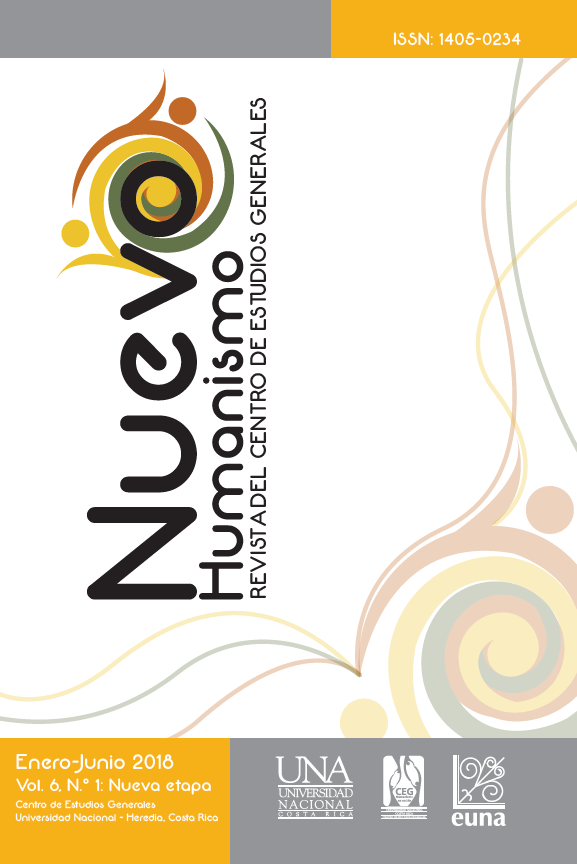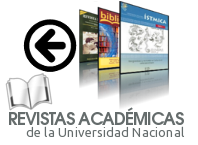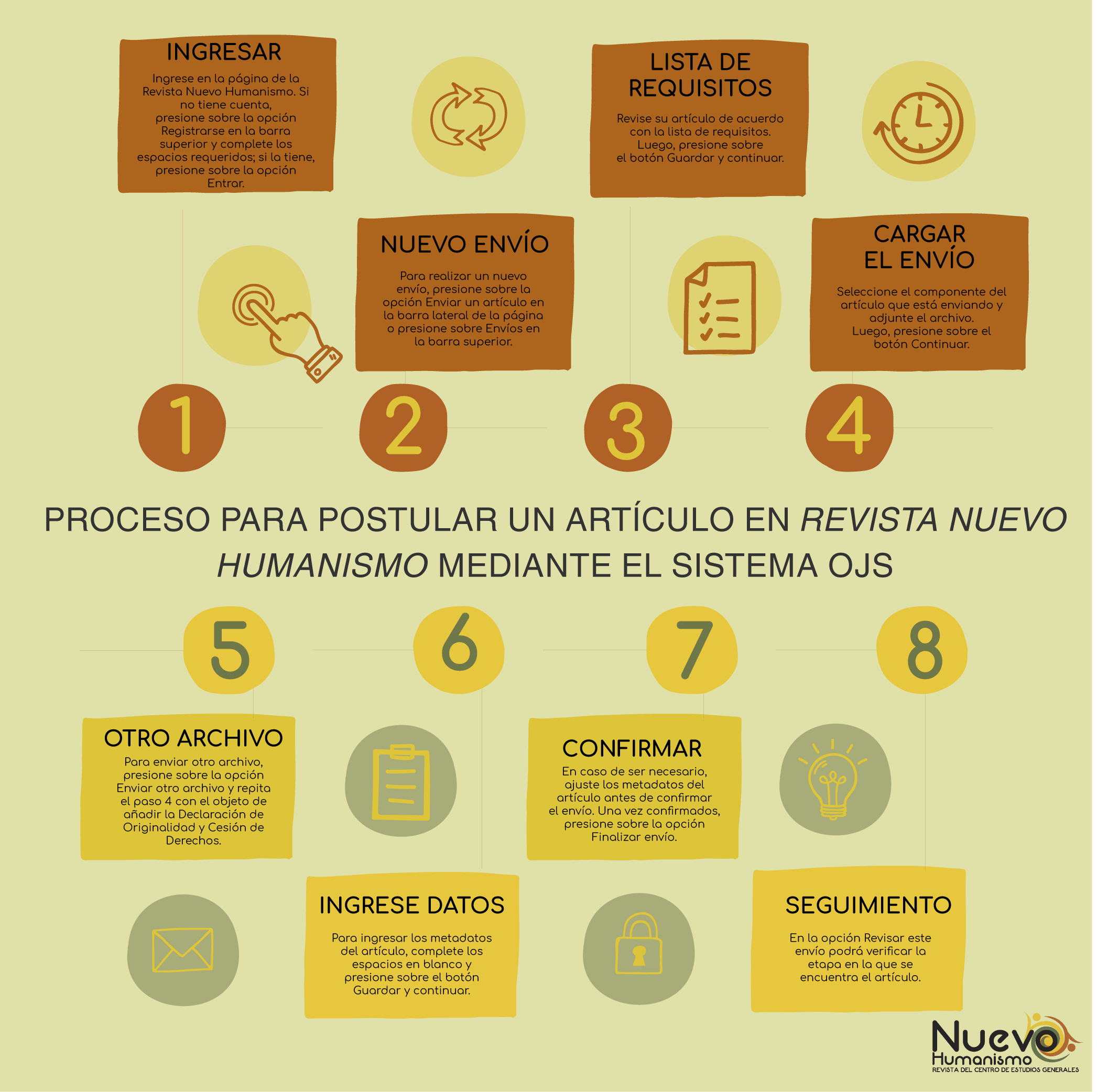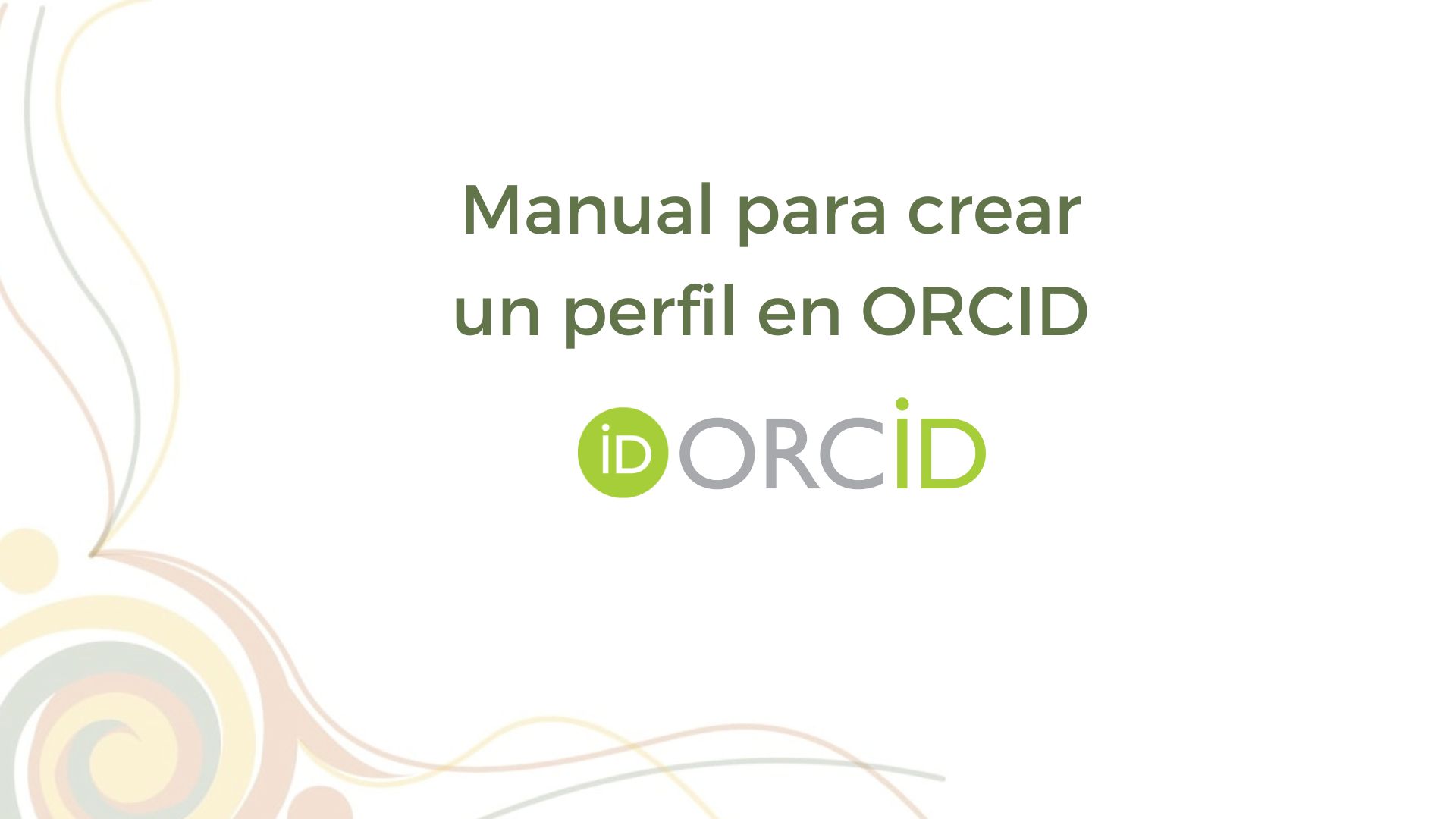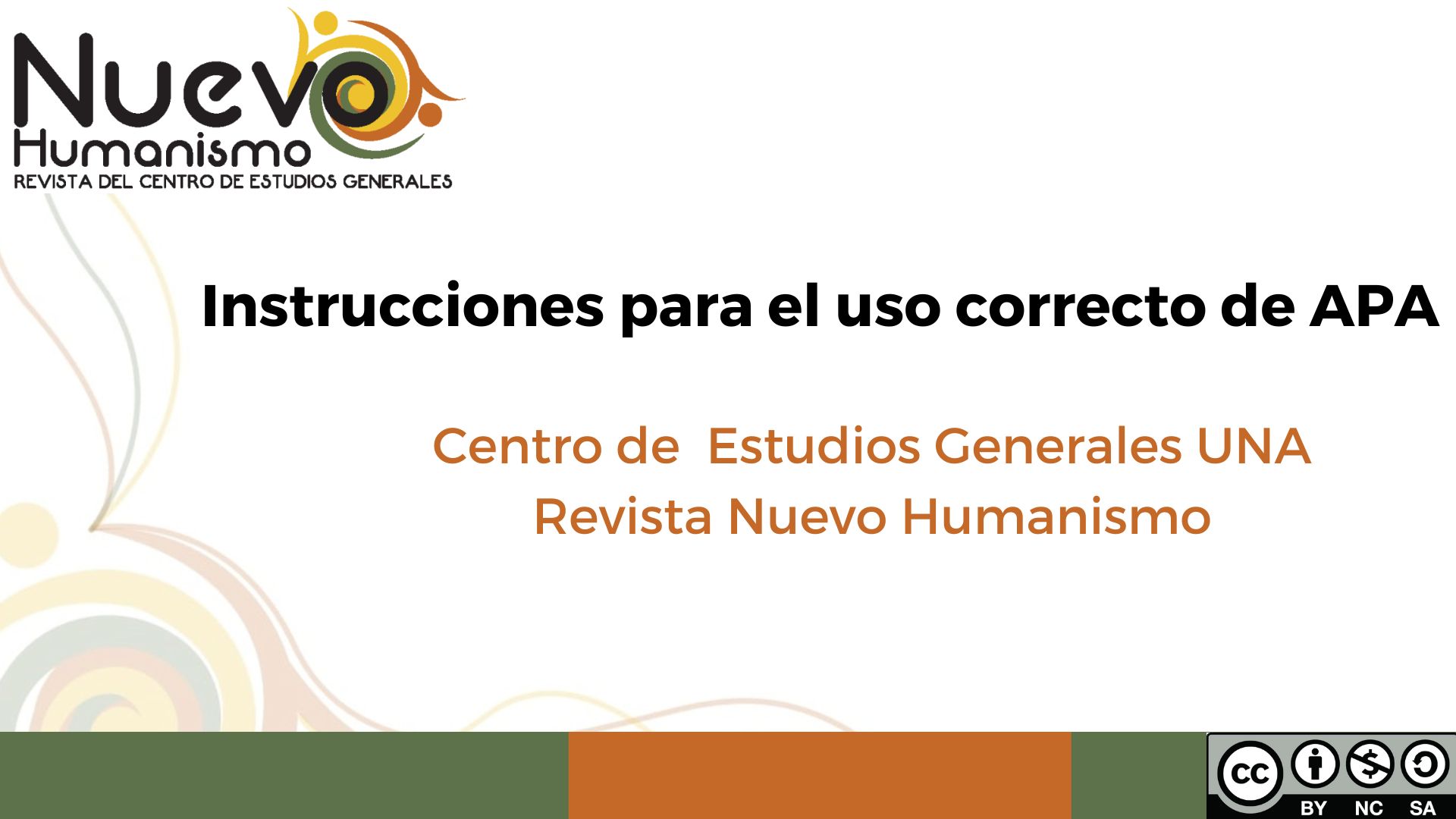Reflections on the Technique of Forum Theater and Its Role in Pedagogical Mediation
DOI:
https://doi.org/10.15359/rnh.6-1.4Keywords:
theater; education, mediation; dramatic play; theatrical pedagogy.Abstract
The following article presents a resource of pedagogical mediation through the technique of forum theater at the National University of Costa Rica. The technique is used as a collective tool of debate and group reflection around certain social problems, and whose objective is to represent a short play, in which oppressive situations are exposed, and the main discourses and social roles present in daily life are recognized. The technique is applied with university students as a continuation of two previous courses whose name was Theater of the Oppressed: a practical perspective of humanism (2016-2018) and within the framework of the project A Window to the Theater: Artistic Contributions in Pedagogical Mediation (2015-2017). Therefore, this technique is implemented as a means to encourage critical reflection and the active intervention of the public in search of solutions to the problem exposed in each performance. The dialog that takes place between theatrical art and student participation builds a greater sense of community, listening, and empathy, appealing to social awareness and greater political advocacy in the different spaces of academic action.
References
Aulicino, J. (2006). Brecht: el teatro no cree en lágrimas. Recuperado de http://www.rebelion.org/noticia.php?id=36573
Barquero, J. y Chacón, M. (2011). En busca de una capacitación como facilitadores de Teatro Foro (tesis de licenciatura). Universidad Nacional, Costa Rica.
Boal, A. (1974). Teatro del Oprimido y otras poéticas políticas. Argentina: Ediciones de la Flor.
Boal, A. (1982). Técnicas Latinoamericanas de Teatro Popular. México: Editorial Nueva Imagen S.A.
Boal, A. (2002). Juegos para actores y no actores. España: Alba Editorial.
La comunicativa (CTO). (2010). Reflexiones en el Arco Iris del deseo. Recuperado de http://lacomunicativacto.blogspot.com/2010/07/reflexiones-de-augusto-boal-en-el-arco.html
Brecht, B. (1957). Breviario de Estética Teatral. Argentina: Ediciones La Rosa Blindada.
Brecht, B. (1973). Escritos sobre teatro. Argentina: Ediciones Nueva Visión.
Center for Playback Theatre. (2009). (Documento electrónico). Recuperado de http://www.playbackcentre.org
Compañía de Teatro Espontáneo. (2009). (Documento electrónico). Recuperado dehttp://elcolectivo.wordpress.com/acerca-de/
Foucault, M. (1979). Microfísica del Poder. España: Las Ediciones de la Piqueta.
Freire, P. (1999). Pedagogía del Oprimido. México: Editorial Siglo Veintiuno.
Fuenmayor-Ávila, F. (2007). EL concepto del poder en Michael Foucault. Recuperado de: serbal.pntic.mec.es/~cmunoz11/avila53.pdf
Guiloff, C. (2008) ¿Qué es Teatro Espontáneo. Recuperado de http://www.catalinaguiloff.cl/content/view/303887/Que-es-el-TEATRO-ESPONTANEO.html#content-top
Gutiérrez, S. (1979). Teatro Popular y cambio social en América Latina. San José: Editorial Universitaria Centro Americana.
Márcenes, E. (1977). El método de la creación colectiva en el teatro colombiano. Latín American TheaterRewiew, 11, 1-62.
Marín, T. (2007). Creación colectiva. Análisis comparado de los equipos de artes visuales en la Comunidad Valenciana de 1981 a 2000. Universidad Politécnica de Valencia.
Rivera, H. (2009). Bertolt Brecht el visionario. Recuperado de http://200.21.104.25/artescenicas/downloads/Artescenicas1-1_6.pdf
Saura, J. (2007). Actores y actuación. Antología de textos sobre la interpretación. Volumen III. España: Editorial Fundamentos.
Savater, F. (2005). Fabricar humanidad (videoconferencia en encuentro “Los sentidos de la educación y la cultura), España.
Teatro Espontáneo. (2009). Primer encuentro español de intercambio en teatro espontáneo.

